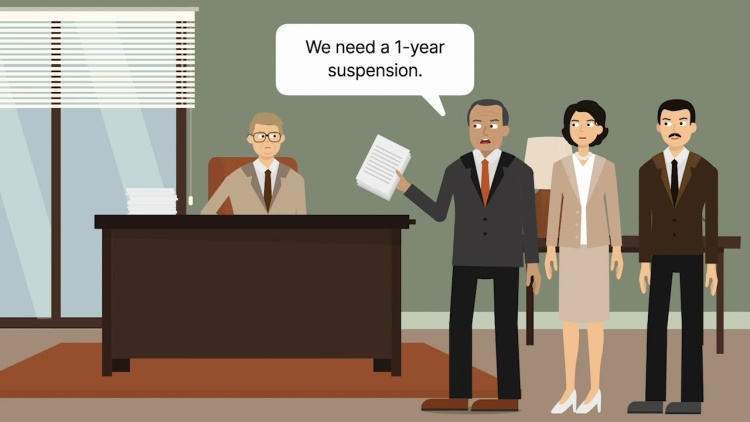International Harvester Co. v. Ruckelshaus
United States Court of Appeals for the District of Columbia Circuit
478 F.2d 615 (1973)
- Written by Tammy Boggs, JD
Facts
In 1970, Congress passed amendments to the Clean Air Act requiring dramatic reductions in exhaust emissions of hydrocarbons and carbon monoxide for 1975 models of light-duty vehicles. Congress also allowed the Environmental Protection Agency (EPA) administrator (the administrator) (defendant) to grant a one-year extension of time to meet the 1975 standard based on the administrator’s determination that applicants met specified conditions, including an applicant’s establishing that technology to meet the 1975 standard was “not available” (unavailable-technology condition) and that the National Academy of Sciences (NAS) confirmed the 1975 standard could not be timely met. In spring of 1972, five auto manufacturers (plaintiffs) applied to the administrator for one-year extensions, submitting technical and test data relating to 384 prototype cars and catalytic converters. The data showed only one car with compliant emissions and not one that was demonstrably compliant for the required emissions-compliance period of 50,000 miles. The NAS confirmed that technology needed to meet the 1975 standard was not currently available; the drivability and performance of compliant cars would be negatively impacted under existing technology such that many consumers would likely opt to continue driving their older, less efficient cars rather than buy a 1975 model; and the ecological cost of a one-year extension appeared “to be small” because 1974-model cars were already subject to demanding emissions standards. The administrator made various adjustments to the auto manufacturers’ test data and concluded that the manufacturers had not satisfied the unavailable-technology condition, i.e., the administrator predicted that technology to comply with the 1975 standard would be available. The administrator believed that the NAS report was consistent with the administrator’s conclusion. The auto manufacturers petitioned the court of appeals for review of the administrator’s decision, requiring the court to decide whether the parties had met their respective burdens.
Rule of Law
Issue
Holding and Reasoning (Leventhal, J.)
What to do next…
Here's why 907,000 law students have relied on our case briefs:
- Written by law professors and practitioners, not other law students. 47,100 briefs, keyed to 996 casebooks. Top-notch customer support.
- The right amount of information, includes the facts, issues, rule of law, holding and reasoning, and any concurrences and dissents.
- Access in your classes, works on your mobile and tablet. Massive library of related video lessons and high quality multiple-choice questions.
- Easy to use, uniform format for every case brief. Written in plain English, not in legalese. Our briefs summarize and simplify; they don’t just repeat the court’s language.





